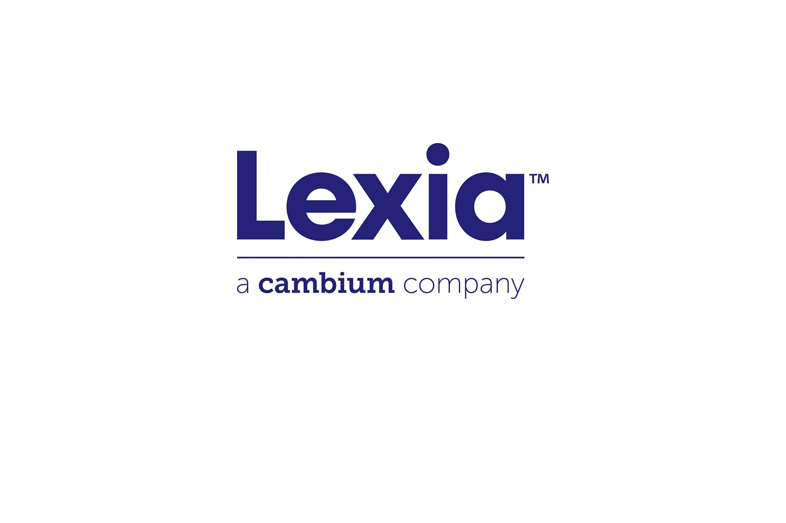Media Contact:
Charlotte Andrist
Nickel Communications
charlotte@nickelcommpr.com
Media Inquiries Only: 770-310-5244
BOSTON (Sept. 27, 2022) – A national survey conducted by Lexia Learning, a Cambium Learning® Group company, found that the majority of educators (71%) are worried about teacher burnout during the 2022-2023 school year.
That concern is warranted; in a January 2022 National Education Association (NEA) survey, 90% of NEA members reported that feeling burned out was a serious problem.
The high probability of burnout comes at a time when educators believe students will require more individualized instruction to achieve at- or above-grade-level performance. About 75% of educators think that more one-on-one student-teacher time would help their students in the 2022-2023 school year. More than half of educators (56%) feel their students would need increased access to classroom specialists (e.g., special ed teachers, subject-matter specialists, school psychologists).
But while they anticipate that their students will need extra academic support, many educators worry whether schools will have the resources for even routine operations such as cafeteria operations, custodial services, transportation activities and the like. Survey findings revealed 52% of educators were concerned about teacher shortages and even more (66%) were concerned about non-teacher staff shortages (e.g., bus drivers, custodians, teachers’ aids, substitute teachers).
“The prevailing circumstances of staff shortages, combined with students’ need for support, makes teacher burnout a very real prospect,” said Lexia Learning President, Nick Gaehde. “Educators will need an array of support as they strive to help students recover from pandemic-related learning loss.”
Lexia’s survey also explored educators’ thoughts on how best to persuade teachers to remain in the profession. A huge majority of educators (83%) believed the key to teacher retention was higher pay. The second most popular recommendation (71%) was smaller class sizes. Only 55% of educators feel that schools have been compensating teachers fairly.
Despite their concerns, most educators (66%) are optimistic about the upcoming school year. They also shared reflections on how well their schools have supported them and their students since the start of the COVID-19 pandemic. The majority feel that their school has done well with digital tools to support personalized learning. Over three-quarters of educators (77%) cited their schools’ investment in classroom technology (e.g., education programs and mobile devices) as a positive action while 65% expressed appreciation for technology that kept learning going outside of the classroom.
“It’s gratifying that so many teachers have been able to facilitate their work,” said Gaehde. “We need to ensure that digital learning tools are made available to educators who do not yet have access. And we also need to ensure that that technology helps to provide the real-time, personalized, and in-depth feedback that they’ve said their students need. Teachers have an enormous responsibility even in the best of times, so they deserve full-fledged support as they strive to resolve this crisis in education.”
Other survey findings include:
- Almost all educators (81%) worry that their students will fall behind academically if remote learning is ever reinstated; 76% worry that students’ social-emotional health would suffer
- Because of the lessons learned throughout the pandemic, very few educators (19%) think that they need retraining on the technology required to deliver remote instruction
- More than half of educators (58%) believe their school has done a good job of providing students with social-emotional support
- Almost half of educators (44%) think less frequent testing would help students achieve at- or above-grade-level performance
- Over one-third of educators (37%) have concerns about how the curriculum they use addresses unfinished learning or grade-level-appropriate topics
- Nearly one-third of educators call for more training and professional development opportunities as a way to retain teachers.
Survey Methodology:
This survey, which was deployed in July and August 2022, was sent to a random sample of 20,000 Lexia users including classroom teachers and building and district administrators who logged into myLexia in the 6 months prior to the survey being deployed.
About Lexia Learning
Lexia Learning, a Cambium Learning® Group company, is the structured literacy expert. For over 35 years, the company has focused solely on literacy, and today, provides a full spectrum of solutions for both students and teachers. With robust offerings for differentiated instruction, personalized learning,
This is a sponsored message and does not necessarily represent the views of the Education Writers Association, its board of directors, or its members. Want to see your release on the EWA site? Promote it with EWA.
